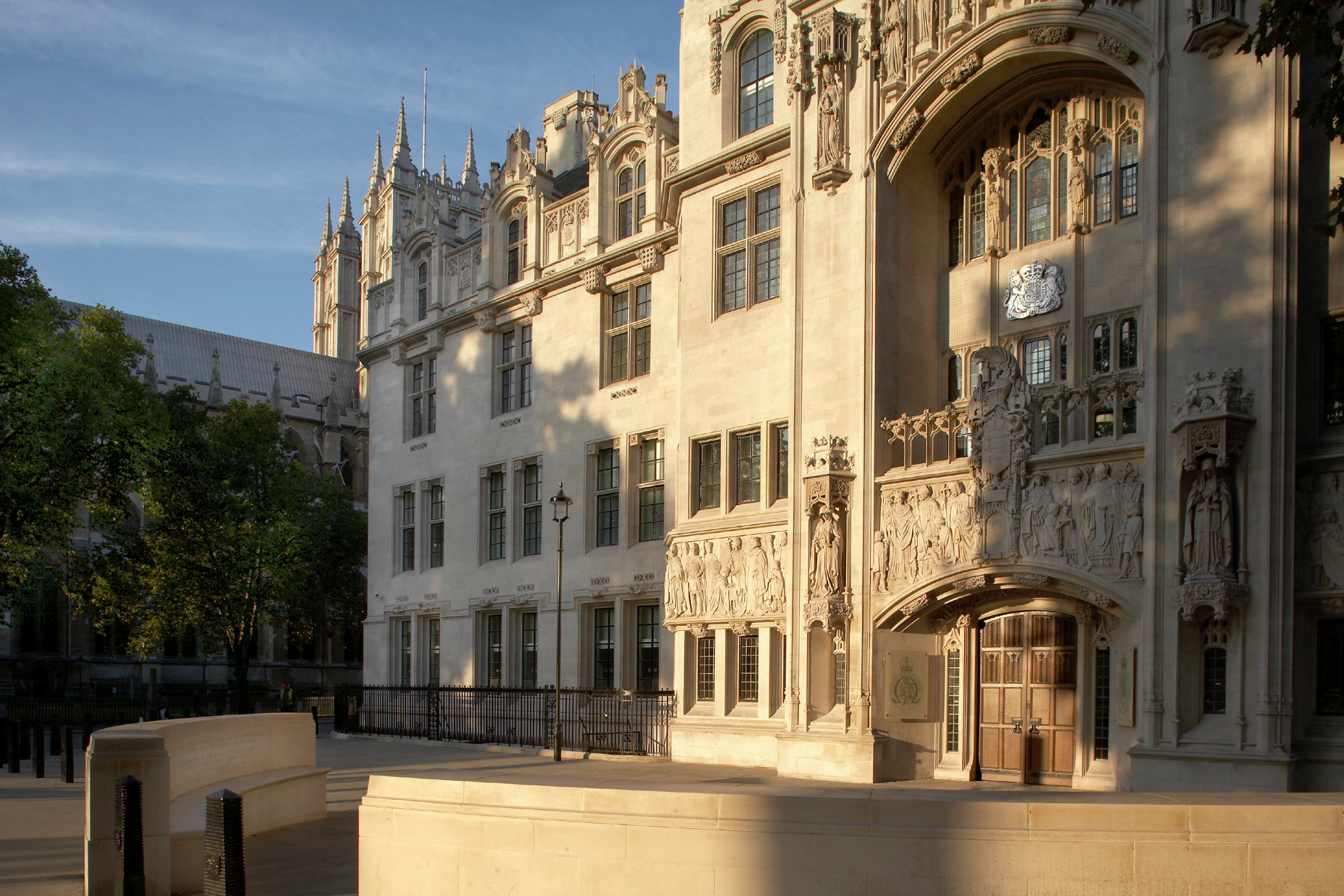MOSCOW, June 20 (RAPSI, Ingrid Burke) - The Supreme Court of the United Kingdom Wednesday set aside a direction and quashed an order that had given effect to sanctions imposed against a major Iranian bank on the basis of its alleged connections with Iran’s nuclear weapons and ballistic missile programs, based on the majority’s finding that the measures were wholly disproportionate, having been based on an arbitrary and irrational distinction.
“The proliferation of nuclear weapons is an international issue of great importance to the security of the United Kingdom and the international community,” the judgment asserts, adding that for many years the UK and other members of the international community have suspected that Iran’s major industrial program has been aimed at the development of the capacity to produce nuclear weapons and the improvement of the country’s nuclear capabilities.
Under the Counter-Terrorism Act of 2008, the Treasury is permitted to issue directions to credit and financial institutions based on the reasonable belief that “the development or production of nuclear …. weapons in [a] country … poses a significant risk to the national interests of the United Kingdom.” The issuance of such a direction obliges the entity served not to enter into or carry on specific types of transactions with the subject of the direction.
Accordingly, on October 2009, the Treasury issued a direction ordering “all persons operating in the financial sector [not to] enter into, or … continue to participate in, any transaction or business relationship” with Bank Mellat and one other company.
Bank Mellat is described in the judgment as a large Iranian bank with approximately 1,800 branches and a clientele of approximately 20 million. Prior to the 2009 order, it had conducted a substantial amount of business in the country. The judgment explains that the order effectively shut the bank out of the UK’s financial sector.
The power to issue directions such as these is tempered by the following safeguards. First, if the direction requires the termination of business dealings with a designated person or entity, it must be proposed to Parliament, which in turn must approve within 28 days. Failing that, the direction will lose effect at the end of that period. Second, the requirements imposed by the direction must be proportionate to the risk believed to be posed. Third, the Counter-Terrorism Act created a special procedure that would allow a person effected by a Treasury decision to apply for the High Court to set it aside.
The Treasury order was laid before parliament three days after it was issued, the same day it took effect. It was approved by the House of Commons’ Delegated Committee 16 days later, and the House of Lords’ Grand Committee five days after that – all within the 28-day requirement.
Bank Mellat then sought to have the direction set aside on substantive and procedural grounds. Procedurally, the bank asserted that it had not been given the opportunity to make representations before making the order. Substantively it argued that, “the decision was irrational, disproportionate and discriminatory, that the Treasury failed to give adequate reasons for making it, and that their reasons were vitiated by irrelevant considerations or mistakes of fact.”
The bank’s initial application and appeal were both dismissed.
In considering the case, the Supreme Court focused on the issue of whether the restrictions on Bank Mellat’s activities were rational and proportionate to the goal of hindering Iran’s nuclear pursuits.
In the words of the majority opinion, “I would not go so far as to say that the [direction] in this case had no rational connection with the objective of frustrating as far as possible Iran’s weapons programmes. On the footing that a precautionary approach is justified, the elimination of any Iranian bank from the United Kingdom’s financial markets may well have added something to Iran’s practical problem in financing transactions associated with those programmes… But I think that the distinction between Bank Mellat and other Iranian banks which was at the heart of the case put to Parliament by ministers was an arbitrary and irrational distinction and that the measure as a whole was disproportionate.”



